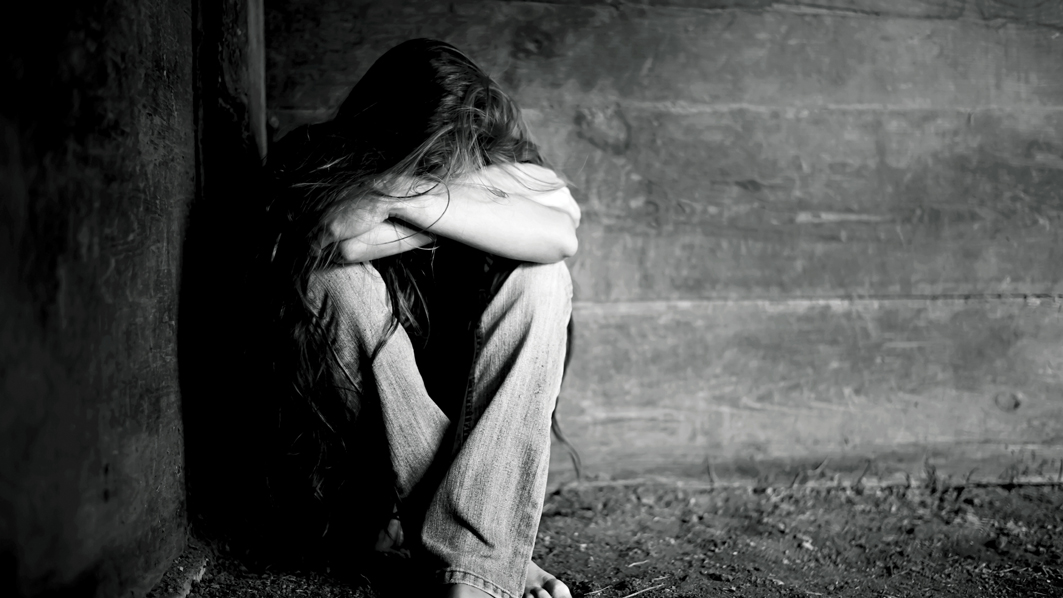You may notice something a little unusual as you flip through this edition of Citizen: A warning label on the two stories in the cover package advising readers of the mature content therein.
It’s disturbing. And it’s not for kids. But it very closely concerns them.
The sex trafficking of minors is an issue Citizen takes extremely seriously. In 2014, Focus on the Family helped pass a law in Colorado that levied stiffer penalties on those convicted of this crime.
As you’ll read in more detail later, after a 20-month investigation, federal legislators concluded the executives at Backpage.com have systematically been coaching pimps how to sell underage girls online for sex for years. What’s allowing this to happen is the perceived protection of one section of an Internet freedom law, the Communications Decency Act of 1996, which some federal courts have said trumps any alleged criminal activity on Backpage’s part.
How many girls are we talking about? There are no firm numbers, but according to the National Center for Missing and Exploited Children, approximately 73 percent of the 15,000 calls it gets on its hotline each year concern Backpage. That’s nearly 11,000 children a year, and those are just the ones reported to a single federal agency; many are not.
And that number represents a lot of hurting parents and families, too. You’ll meet a few in this issue who went to great lengths to get their kids back after they were trafficked through Backpage—families that are still trying to heal.
“Even now, going on six years after the tragedy, we have days when we wake up and just cry about it. It’s very raw, still there,” says Nacole S., whose daughter, shown on our cover, was trafficked as a 15-year-old. “You see the issues and problems that have arisen from what’s happened, how it’s changed our family dynamic.
“But in some ways, it’s made us stronger. In some ways, it’s made us closer and more open as a family. We definitely communicate differently. For me, it’s made me a sharper believer. When you’re at your lowest, God is at His strongest.”
During the 108 days their daughter was being sold on Backpage, Nacole hit her knees at church three or four nights a week, while her husband, Tom, scanned Craigslist ads and the streets, physically searching.
But some trafficking victims don’t have parents like Tom and Nacole.
Mary Mazzio, the award-winning founder of 50 Eggs Films and producer of the new documentary I Am Jane Doe, which chronicles Nacole’s family’s ordeal, as well as laying out the case against Backpage in exquisite detail, says her heart breaks for those the most.
“Those who are homeless, or in foster care, or their parents are debilitated by depression or alcoholism,” she says, “those are the children most at risk.”
In January, the U.S. Supreme Court turned away one of the many cases against Backpage filed by families of underage victims—effectively kicking the matter back to Congress to remedy. And though a bill was being prepared in the U.S. Senate as this issue went to press, it had not yet been introduced. So my question to you, readers, is simply this:
Until the law changes, what are you willing to do for the least of these?
For more about this film, www.IamJaneDoeFilm.com
Originally published in the March 2017 issue of Citizen magazine.






